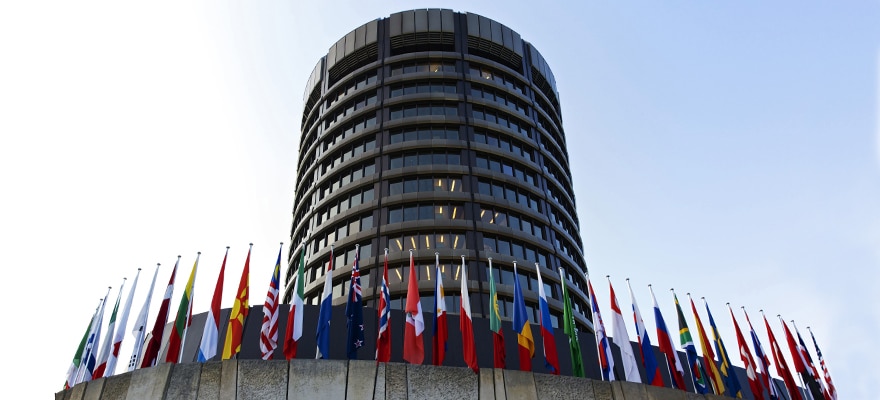The Financial Stability Board issued two reports last week regarding the implementation of new derivatives trade reporting requirements in the 24 countries that the Board covers. According to these, implementation of reporting requirements are going well, with comprehensive reporting procedures already in place in most of the 24 jurisdictions, but some challenges remain.
Legal Obstacles Remain
The first of the reports, the Thematic Peer Review of OTC Derivatives Trade Reporting, says that although the majority of FSB members have started enforcing the respective requirements, the usability of the data collected on derivatives transactions is not the best there is because of many national legal and regulatory obstacles. This issue should be settled by the end of June 2018, all members of the organization have agreed.
"Further efforts are needed by all stakeholders – authorities, trade repositories and market participants"
Commenting on the report, the FSB’s Chairman of the Standing Committee on Standards Implementation Ravi Menon, said: “Trade reporting is a core part of the reform agenda for OTC derivatives markets. We have made good progress in implementing trade reporting requirements. But to fully realise the potential of trade reporting to improve market transparency, mitigate systemic risk, and minimise opportunities for market abuse, further efforts are needed by all stakeholders – authorities, trade repositories and market participants – to close the remaining gaps.”
The second document, a progress report on the implementation of these reporting requirements, found that 19 out of the 24 FSB members have reporting mechanisms covering over 90 percent of derivatives transactions, and that 12 of these 24 have designed central Clearing frameworks for over 90 percent of transactions. The Board noted that all members should put some effort into devising such frameworks in order to be able to assess which transactions require central clearing.
The Financial Stability Board was set up as a coordinator of national regulators’ efforts to introduce more efficient policies regarding the financial services sector, seeking to enhance its stability in the post-crisis era. Over-the-counter derivatives have been a subject of particular concern for watchdogs as they are seen as risky instruments that require more Regulation than other, more transparent ones.


















